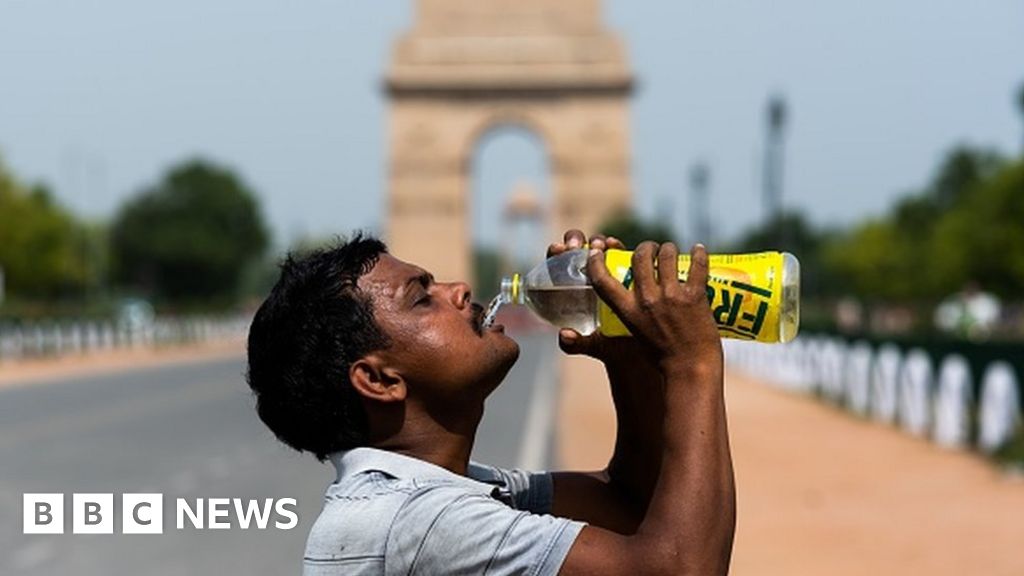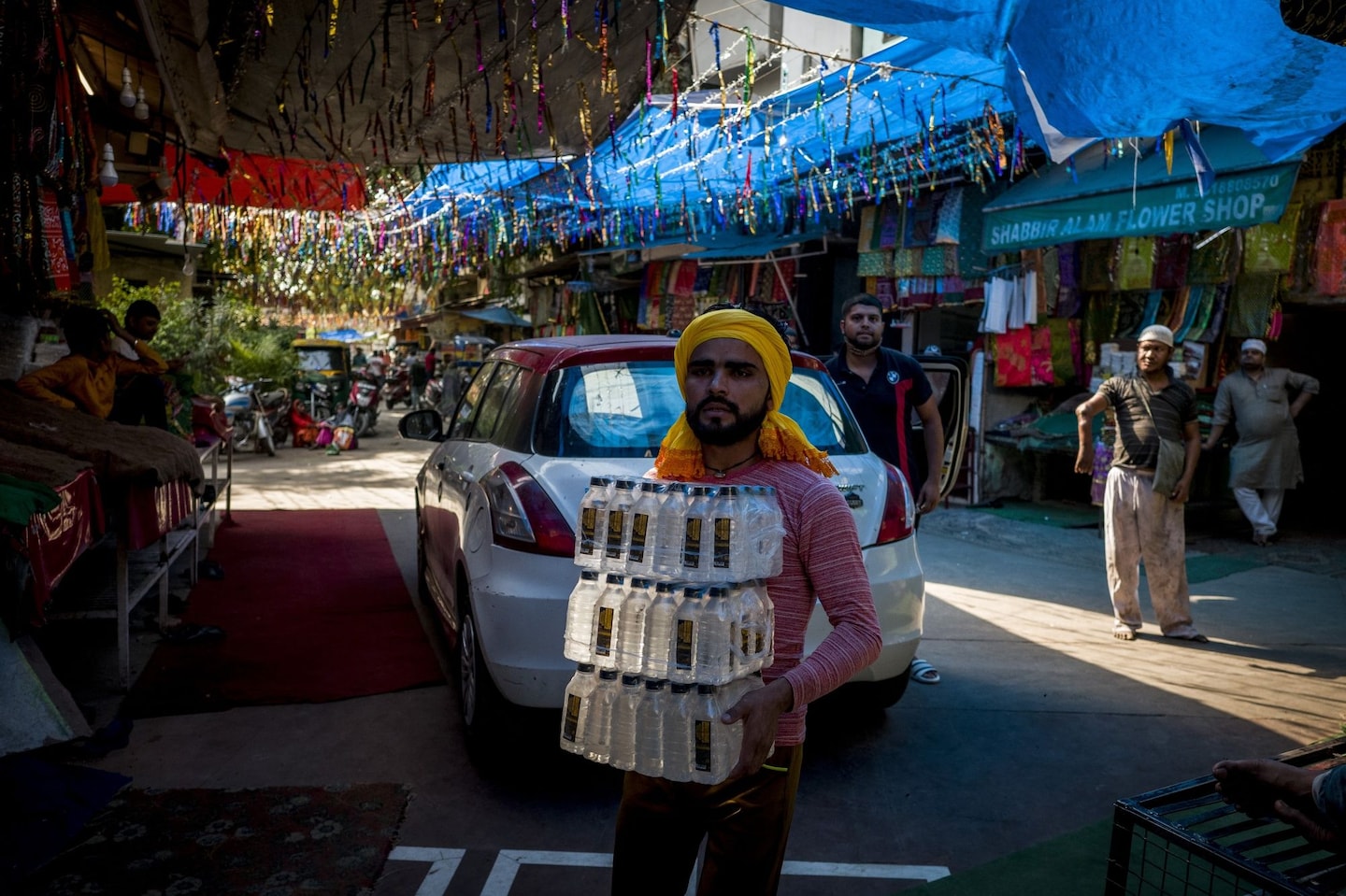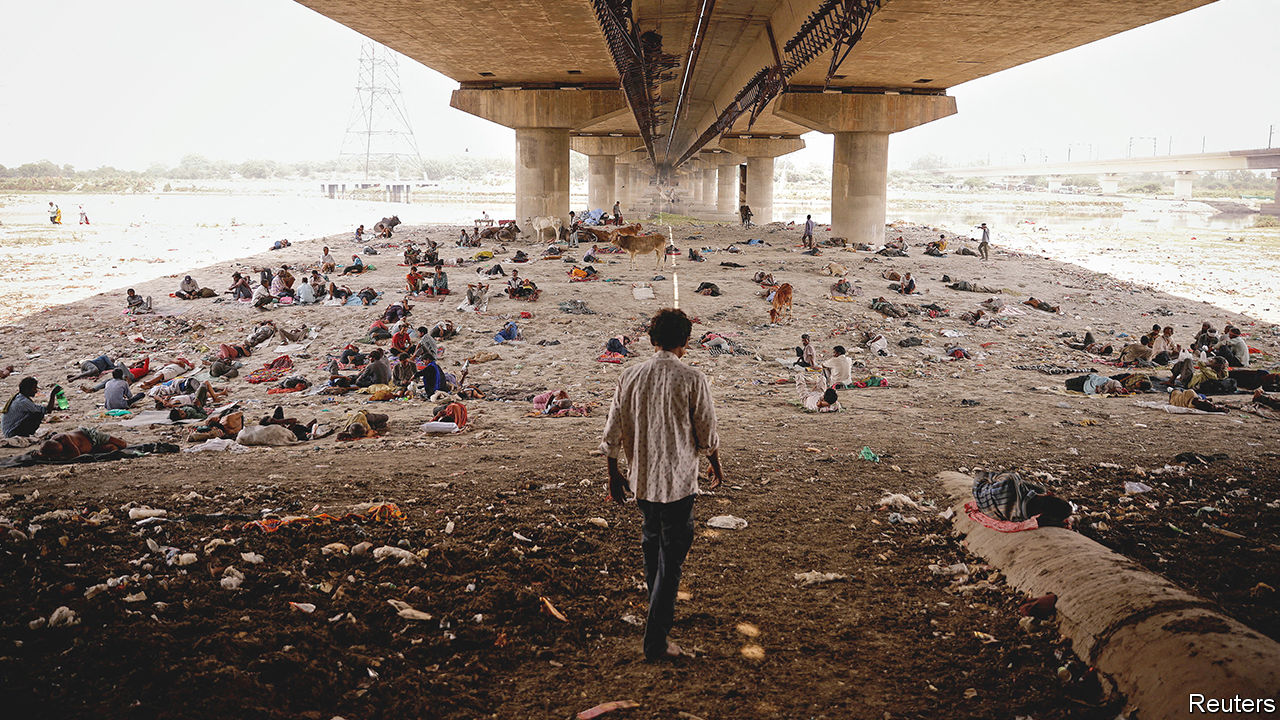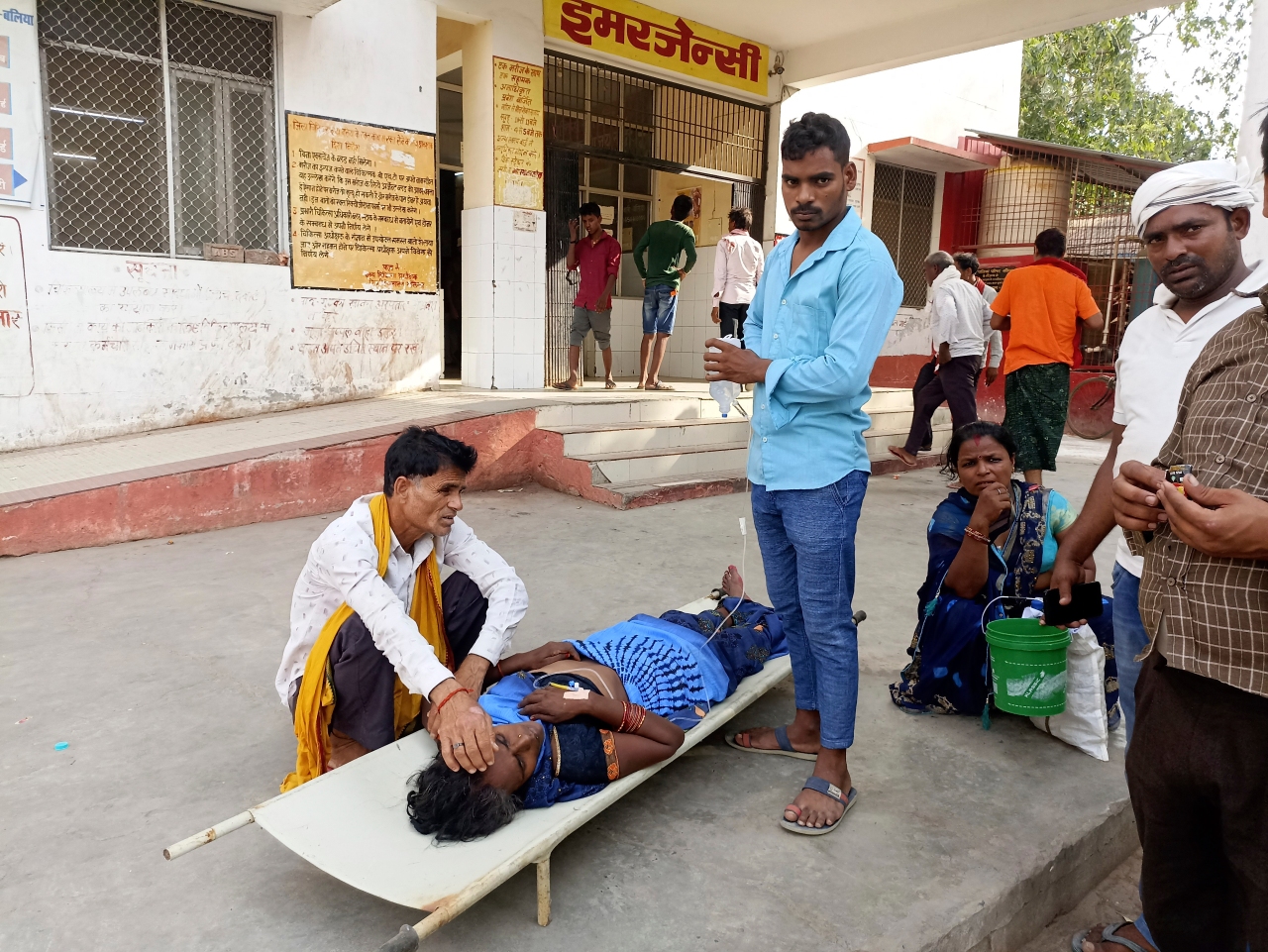India Heat Wave Kills Many
A deadly heat wave has swept across several parts of India, resulting in the deaths of many people. According to the Indian Meteorological Department (IMD), temperatures have reached up to 122°F (50°C) in some regions. The heat wave has affected states in the north, including Rajasthan, Uttar Pradesh, and Punjab, as well as some areas in the central region. Hospitals have reported an increase in heat-related illnesses such as heat stroke, dehydration, and fainting due to the excessive heat.
What is causing the heat wave?

According to meteorologists, the heat wave is due to a combination of factors, including the delay in the arrival of the monsoon season in India and the impact of the western disturbances. The IMD predicts that the heat wave is likely to persist for a few more days, especially in the northern states of the country, but some relief may be expected with the arrival of monsoon winds that are likely to bring some rain and cool down the temperatures.
How is the government responding to the crisis?

The Indian government has issued advisories to citizens, urging them to stay indoors during the hottest parts of the day and to stay hydrated. Authorities have also established heatwave relief centers in affected areas to provide shelter, water, and medical assistance to those in need. However, some citizens, particularly those from lower-income groups, are unable to afford air conditioning or access other cooling resources and are more vulnerable to the effects of heat exposure.
What measures can people take to protect themselves?
To cope with the heat wave, people are advised to take the following precautions:
| Precautions | Explanation |
|---|---|
| Stay hydrated | Drink plenty of water and avoid alcohol and caffeine as they can dehydrate you. |
| Avoid the sun | Stay indoors during the hottest parts of the day and avoid outdoor activities. |
| Cover up | Wear loose, light-colored clothing that covers your skin and protects you from the sun. |
| Cool off | Take cool showers, use fans or air conditioning, and avoid hot and spicy foods. |
What are the long-term effects of heat exposure?
Heat exposure can have serious long-term effects on the body, including:
| Effects | Explanation |
|---|---|
| Heat stroke | A serious condition that can cause organ damage and even death. It occurs when the body’s core temperature rises above 104°F (40°C). |
| Dehydration | The loss of fluids and electrolytes in the body due to excessive sweating, which can lead to kidney damage and other complications. |
| Heat exhaustion | A milder form of heat illness that can cause weakness, headache, nausea, and dizziness. |
| Cardiovascular problems | Heat exposure can strain the heart and increase the risk of heart attacks and other cardiovascular issues. |
Conclusion

The heat wave in India has claimed many lives, and the effects of excessive heat exposure can be severe and long-lasting. Taking precautions such as staying hydrated, avoiding the sun, and cooling off can help prevent heat-related illnesses. It is crucial for individuals, communities, and the government to work together to mitigate the impact of the heat wave and improve access to cooling resources for those in need.
FAQs

1. Is the heat wave only affecting India?
No, heat waves are a global phenomenon that affect many regions of the world, particularly during the summer months. However, the intensity and frequency of heat waves are increasing due to climate change, which is exacerbating the effects of global warming.
2. How can climate change be contributing to the heat wave?
Climate change is causing a rise in global temperatures, which is leading to more frequent and intense heat waves. This is because increased temperatures lead to more evaporation, which in turn leads to more moisture in the air and a higher likelihood of heat waves. Additionally, climate change is causing changes in weather patterns, which can also contribute to the intensity and frequency of heat waves.
3. What is the monsoon season in India?
The monsoon season in India is the rainy season that typically lasts from June to September. The monsoon winds bring heavy rains to many parts of the country, providing relief from the intense heat of the summer months and supporting agriculture.
4. What is a heatwave relief center?
A heatwave relief center is a facility set up by authorities to provide shelter, water, and medical assistance to people affected by heat-related illnesses during a heat wave. These centers are often set up in areas where vulnerable populations like elderly or low-income citizens live and may not have access to cooling resources.
5. How can air conditioning help during a heat wave?
Air conditioning can help keep your home or workspace cool during a heat wave, reducing the risk of heat-related illnesses. It is important to ensure that air conditioning units are properly maintained and cleaned to prevent the growth of mold and other harmful substances that can pose health risks.

